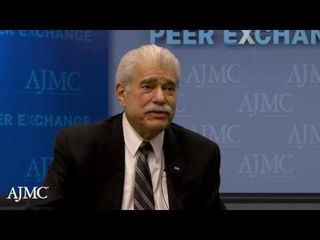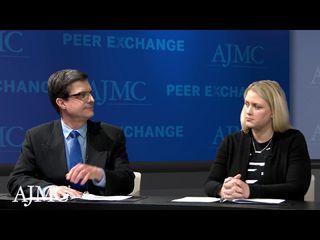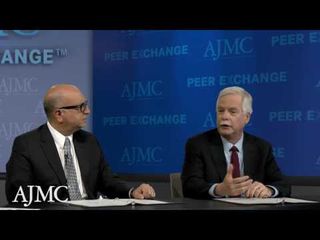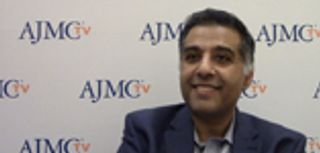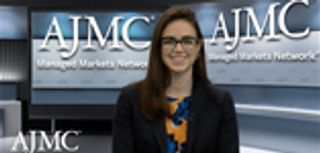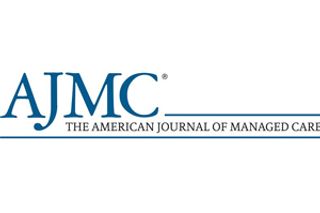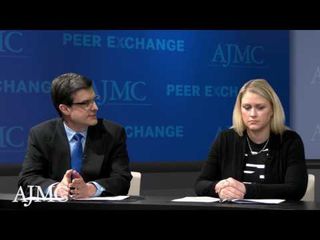
Insurance
Latest News


What We're Reading: Lowering Age of Medicare; Depression Drug Endorsed; Limiting Chemicals in Water
Latest Videos

CME Content
More News

Every week, The American Journal of Managed Care® recaps the top managed care news of the week, and you can now listen to it on our podcast, Managed Care Cast.
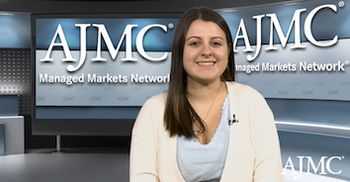
This week, the top managed care news included House and Senate hearings on the cost of prescription drugs; a study finding patients with diabetes can be safely switched to cheaper insulin; and the first non-chemotherapy combination being approved for the treatment of chronic lymphocytic leukemia.
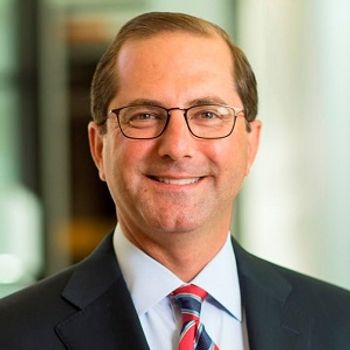
HHS Secretary Alex Azar proposed Thursday to end drug rebates in Medicare Part D and in Medicaid managed care plans and treat them as kickbacks, in a move that could have implications for private plans as well. The rule was announced in the same week as hearings on Capitol Hill about drug pricing, especially the rising cost of insulin.

Elderly adults suffering function and cognitive impairment who are in need of long-term services and support (LTSS) often endure substantial out-of-pocket expenses since LTSS is not covered by Medicare.

Administrator Seema Verma said CMS will focus on “empowering patients, focusing on results, and unleashing innovation” during a speech on the first day of the 2019 CMS Quality Conference, and called states the “laboratories of democracy” when it comes to innovation in Medicaid.
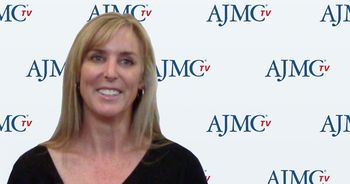
Medicare Advantage (MA) provides accountable care organizations (ACOs) with benefits that aren’t available in Medicare’s ACO program, explained Kim Kauffman, MPH, vice president of value-based care at Summit Medical Group.

Every week, The American Journal of Managed Care® recaps the top managed care news of the week, and you can now listen to it on our podcast, Managed Care Cast.
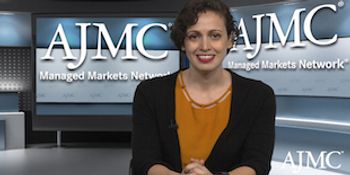
This week, the top managed care news included the Institute for Clinical and Economic Review investigating rising drug prices; CMS expanding value-based insurance design; and researchers using a blood test to detect preclinical Alzheimer disease.

Every week, The American Journal of Managed Care® recaps the top managed care news of the week, and you can now listen to it on our podcast, Managed Care Cast.
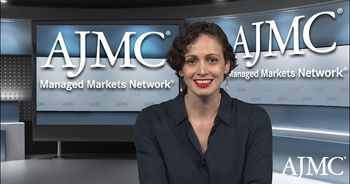
This week, the top managed care news included a new investigation into drug prices; FDA Commissioner Scott Gottlieb, MD, provided updates on how the government shutdown is impacting FDA work; research found comorbidities impede clinical trial participation for patients with cancer.

Patient advocacy and medical groups launch an ad campaign in opposition to proposed changes to Medicare; patients often turn to GoFundMe to help pay for medical costs; and new diet guidelines are aiming to save more lives and the planet.

An analysis of HHS’ proposed Medicare Part B drug pricing reform effort finds mixed results, and an accompanying editorial urges the department to proceed carefully.

Hospitals that are participating in Medicare’s mandatory bundled payment model for hip and knee replacements reported a decrease in spending per episode of $812 compared with control hospitals not participating in the Comprehensive Care for Joint Replacement (CJR) program.

The Community Oncology Alliance (COA) has submitted formal comments to CMS regarding the Medicare Program International Pricing Index Model for Medicare Part B Drugs pre-poposed rule

The federal judge who ruled last month that the Affordable Care Act (ACA) was invalid issued an order over the weekend that the law will remain in effect pending appeal; pharmacies and businesses with pharmacies in New York City will no longer be allowed to sell cigarettes and other tobacco products; a federal judge has blocked the administration's cut to the 340B program.

For the last week of 2018, The American Journal of Managed Care® polled readers on 5 big news stories from the year to gauge which one they thought was the most important.

The Hospital Readmission Reduction Program was announced as part of the Affordable Care Act and penalized hospitals for higher-than-expected 30-day readmissions. However, new research finds that the policy may have done more harm than good with postdischarge mortality increasing for Medicare beneficiaries hospitalized for heart failure and pneumonia.
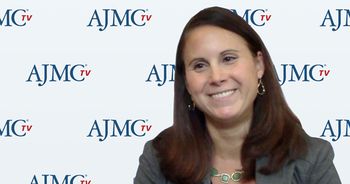
There are additional areas of improvement for Medicare accountable care organizations (ACOs) beyond what was proposed in the Pathways to Success regulation, said Allison Brennan, MPP, senior vice president of government affairs for the National Association of ACOs (NAACOS).

Pushing accountable care organizations (ACOs) to take on risk faster will likely result in ACOs that aren’t ready just dropping out of the program and could impact participation in value-based care, said Allison Brennan, MPP, senior vice president of government affairs for the National Association of ACOs.

In fiscal year 2019, there will be approximately $1.9 billion in value-based incentive payments available to hospitals in the Hospital Value-Based Purchasing (VBP) Program, which is a budget-neutral program.

GlaxoSmithKline (GSK) is buying cancer biotech firm Tesaro for for $5.1 billion; Republicans in Congree are giving up efforts to cut Planned Parenthood funding; Medicare is using financial incentives to reward or punish nursing homes based on how often their residents ended up back in hospitals within 30 days of discharge.

This qualitative study examines the methods that Medicare Advantage plans use to control or reduce postacute spending and their associated unintended consequences.

Coverage of our peer-reviewed research and news reporting in the healthcare and mainstream press.

The lag time between the end of a performance period in the Oncology Care Model (OCM) and the release of the full report from CMS, represents a challenge for practices looking to improve.

CMS is moving home health agencies away from a volume-based payment model and to a new value-based payment system. The Patient-Driven Groupings Model would focus on patient needs and rely more heavily on patient characteristics in order to pay for home health services.



